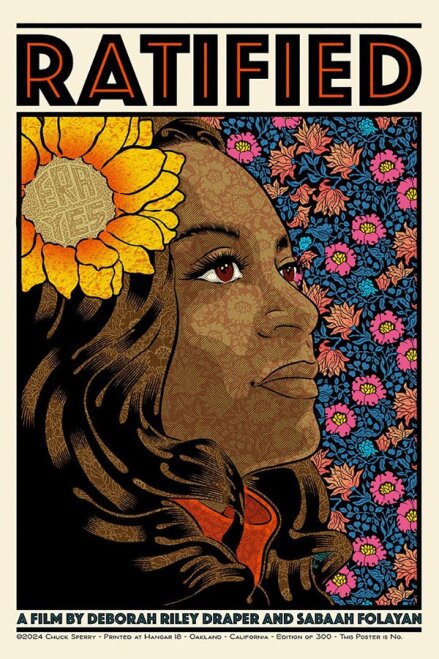Here’s the deal: It’s easy to spot poker tells if you pay attention
December 5, 2018
As the semester break draws ever nearer, everyone at the college, including both staff and students, are anticipating how they will spend their time away from school. Some will travel near or far to see family and friends. Others will vacation to exotic, most likely tropical locations. Others still, such as myself and friends, will go to a shabby basement to play poker.
The game-turned-sport has come a long way in recent years. From seedy back alleys to crusty ballrooms and casinos with sawdust floors, the game managed little traction until the “poker boom” in the early 2000s. During this time, the online scene as well as an insurgence of pop culture references (see movies Rounders and Casino Royale) led to thousands of amateur players making a beeline to watch or participate in the World Series of Poker Main Event. In 2003, amateur Chris Moneymaker (yes, that is his real name) proved that a casual player can win it all.
You don’t need to go all-in (sorry, I’ll stop) to make your time worthwhile, however. Hosting a home game of poker without any money involved is fun, and can be a great way to stay in touch or reconnect with friends over the winter break. Furthermore, with a little research (see below) and a bit of luck, you can win as well. And it always feels good to win.
First, a base-level of knowledge about the game is required. Poker is considered a game that takes five minutes to learn and a lifetime to master, so obviously getting through the door is relatively simple. Things like how to deal, when bets are made, and, of course, which hands beat others are easy to remember once you start playing. There are plenty of excellent videos online which show how to host a home game, as well as the rules.
After you know the rules, it is how you play that matters. Unlike euchre and blackjack, everything you do in poker may give something away about your hand. You can convey information by simply scratching your nose or looking at your chips, therefore it is important to be able to take advantage of these subtle but powerful responses, called “tells.”
Tells that indicate a good hand include a player attempting to come off as relaxed and nonchalant. They may glance around the room, deliberately sigh, or talk to someone that is not in the game. When they bet, they will try to do so delicately, as to not act like they are winning. These are second-level tells, which are tells that are made intentionally to deceive. On the inside, their blood pressure has gone up, and their body will begin to do things their mind is trying to hide. These are first-level tells. They may start to sit up attentively when they were slouching, glance at their chips before their turn, or their facial muscles may start to twitch.
Conversely, tells that indicate a weak hand and a bluff will involve a player trying to act stronger than their cards allow them to. These second-level tells include a player staring at you, playing with or counting out their chips, and checking their cards again after community cards are dealt. On a more biological level, these players’ first-level tells will include the player receding into their mind. They may tighten up facial muscles, push their shoulders forward, or breathe more heavily.
Reading your opponent is important, but it is just as important to reduce your own number of tells that someone else can read.
To mask your own tells, act like a robot. Take the same amount of time before checking/betting as you do every hand, maintain good (or bad) posture, and either commit to talking to everyone during hands, or avoid it entirely. Finally, wear sunglasses. You may be the laughingstock of the table at first, but it will be worth it in the long run, especially when you’re the last one at the table.






























